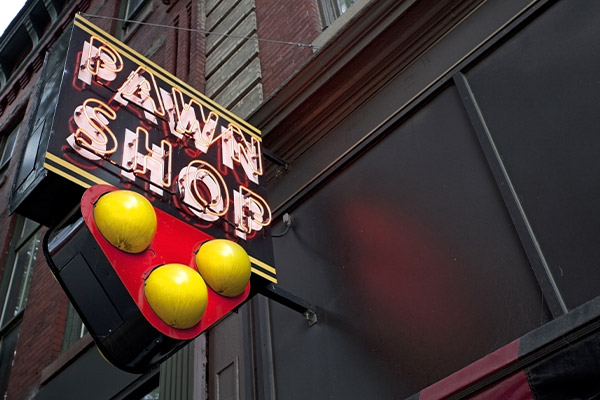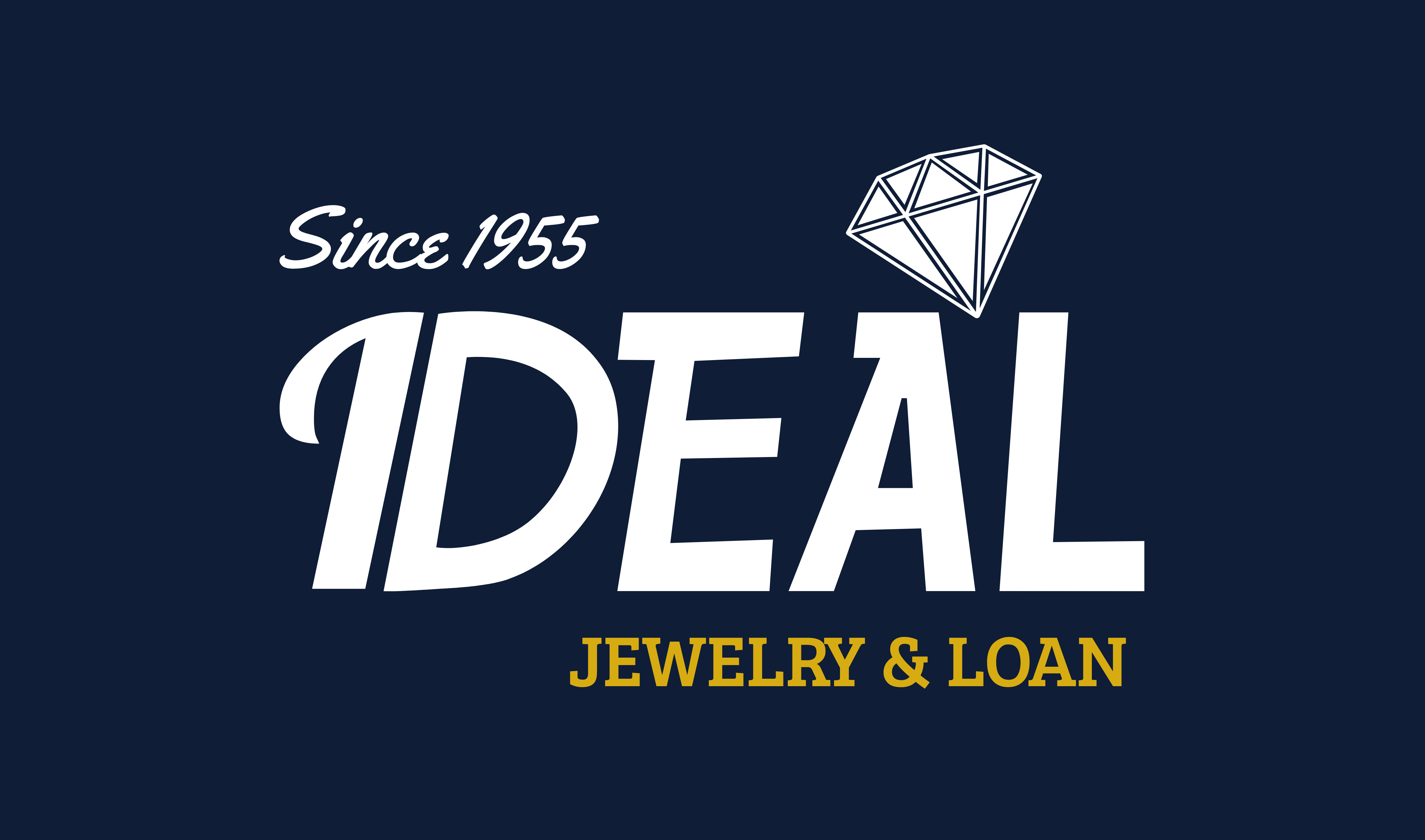
Pawn shops have been a common sight in towns all across the world for generations, with their distinctive three golden balls hanging outside. With time, these historically significant places have developed into something more than merely places to purchase and sell commodities. These days, they are helpful tools for people in need of fast money, unusual discoveries, or even environmentally friendly activities.
The idea of exchanging valuables for money is as old as civilization itself; some of the earliest pawnshops that are known to exist date back to ancient China. People might borrow money from these early pawnbrokers by pledging personal belongings like jewels or tools as security. The pawnbroker would store the item and sell it to recover the loan amount if the borrower was unable to repay it.
Pawn shops expanded to different regions of the world over time, each with its own distinct customs and practices. Pawn shops in Europe came to be called “Lombards,” after the Lombards, a Germanic group who were among the first in the area to engage in pawnbroking. Pawn shops have a lengthy history in the US; some of them go all the way back to the colonial era.
Pawn shops have altered to fulfill the ever-changing requirements of their communities, even though the fundamental idea of pawning goods for cash has been mostly unchanged over the years. These days, they provide much more than just pawn transactions. In addition to buying and selling things outright, pawn shops are a common place for consumers to sell unwanted items for cash.
Pawn shops are vital for community development in addition to being crucial places to buy and sell products. Many pawn shops are family-run enterprises that have been in operation for many generations, giving the communities they serve a feeling of continuity and history. They frequently establish themselves as dependable members of their communities, gaining a reputation for honesty and generosity toward people in need.
Pawn shops have also adopted eco-friendly policies, encouraging the recycling and repurposing of products. Pawn shops assist prolong the life of commodities and lessen the demand for fresh manufacturing by allowing customers to pawn or sell items they no longer need or want. Due to the decrease in trash, this may benefit the environment.
In summary, pawn shops have evolved significantly from their modest origins as straightforward locations to pawn items for cash. They are now important community assets that provide a variety of services and advantages to their clients and the communities they work with. Pawn shops have something to offer everyone, whether you’re in need of quick cash, searching for a special find, or just curious about the background of these intriguing businesses.



